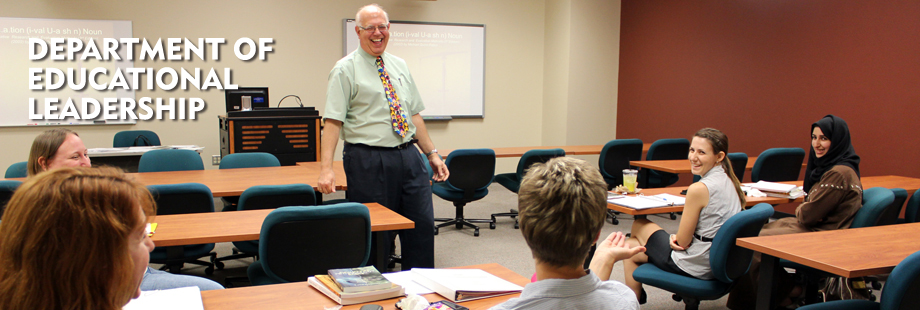Document Type
Conference Paper
Publication Date
11-11-2005
Publication Source
Proceedings of the Annual Meeting of the University Council for Educational Administration
Abstract
The preparation of superintendents is a critical component, an essential element, of systemic education reform, although as (Cooper, Fusarelli, Jackson, & Poster, 2002) observed, “the process is rife with difficulties,” including synchronization of preparation and actual practice, the theory-practice disconnect, the need for life-long learning, and development of an adequate knowledge base (Cooper et al., 2002, p. 242).
The vast majority of research on the efficacy of administrator preparation programs focuses on principals. Most doctoral programs in educational administration serve as de facto preparation programs for superintendents, even though some contain little coursework specifically tailored for the position (Andrews & Grogan, 2002). A number of scathing reports critical of university-based preparation programs for school administrators, coupled with increasingly conservative state legislatures, have produced some significant changes in licensure for school administrators. Licensing requirements for superintendents have been eliminated or lowered in a growing number of states. For example, 9 states no longer require a license; among the remaining 41 states, 54% grant waivers or emergency licenses and 37% allow or sanction alternative routes to licensure (Feistritzer, 2003). In addition, recommendations to make administrative licensing voluntary across all states (Broad Foundation and Thomas B. Fordham Institute, 2003; Hess, 2003) and to discontinue doctoral programs for practitioners (Levine, 2005) have received an inordinate amount of national media attention.
Recognizing that efforts to lower the qualifications and stature of school superintendents are gaining momentum, Kowalski (2004) has recommended a concerted effort to improve the professional knowledge base on practice in this position. One purpose of this endeavor is to ensure that policymakers will at least have an opportunity to examine empirical evidence as they evaluate anti-professionist contentions and intentions.
This study focuses on arguably the most relevant consideration in relation to preparation and licensure—the experiences of first-time superintendents. Subjects included novice public school superintendents employed at the beginning of the 2004-05 school year in four states: California, Missouri, North Carolina, and Ohio. The overarching objectives 3 were to (a) produce profiles of the novice superintendents, (b) produce profiles of the employing school districts, (c) identify the dispositions of novices toward their academic preparation, and (d) compare outcomes across the four states.
Document Version
Postprint
Copyright
Copyright © 2005, University Council for Educational Administration.
Publisher
University Council for Educational Administration
Peer Reviewed
yes
eCommons Citation
Kowalski, Theodore J.; Peterson, George J.; and Fusarelli, Lance D., "Facing an Uncertain Future: An Investigation of the Preparation and Readiness of First-Time Superintendents to Lead in a Democratic Society" (2005). Educational Leadership Faculty Publications. 56.
https://ecommons.udayton.edu/eda_fac_pub/56
Included in
Educational Assessment, Evaluation, and Research Commons, Educational Leadership Commons, Education Economics Commons, Elementary and Middle and Secondary Education Administration Commons, Higher Education Administration Commons, Other Educational Administration and Supervision Commons, Special Education Administration Commons, Urban Education Commons




Comments
The document available for download is the authors' accepted manuscript. Any content used from this document must be cited appropriately.